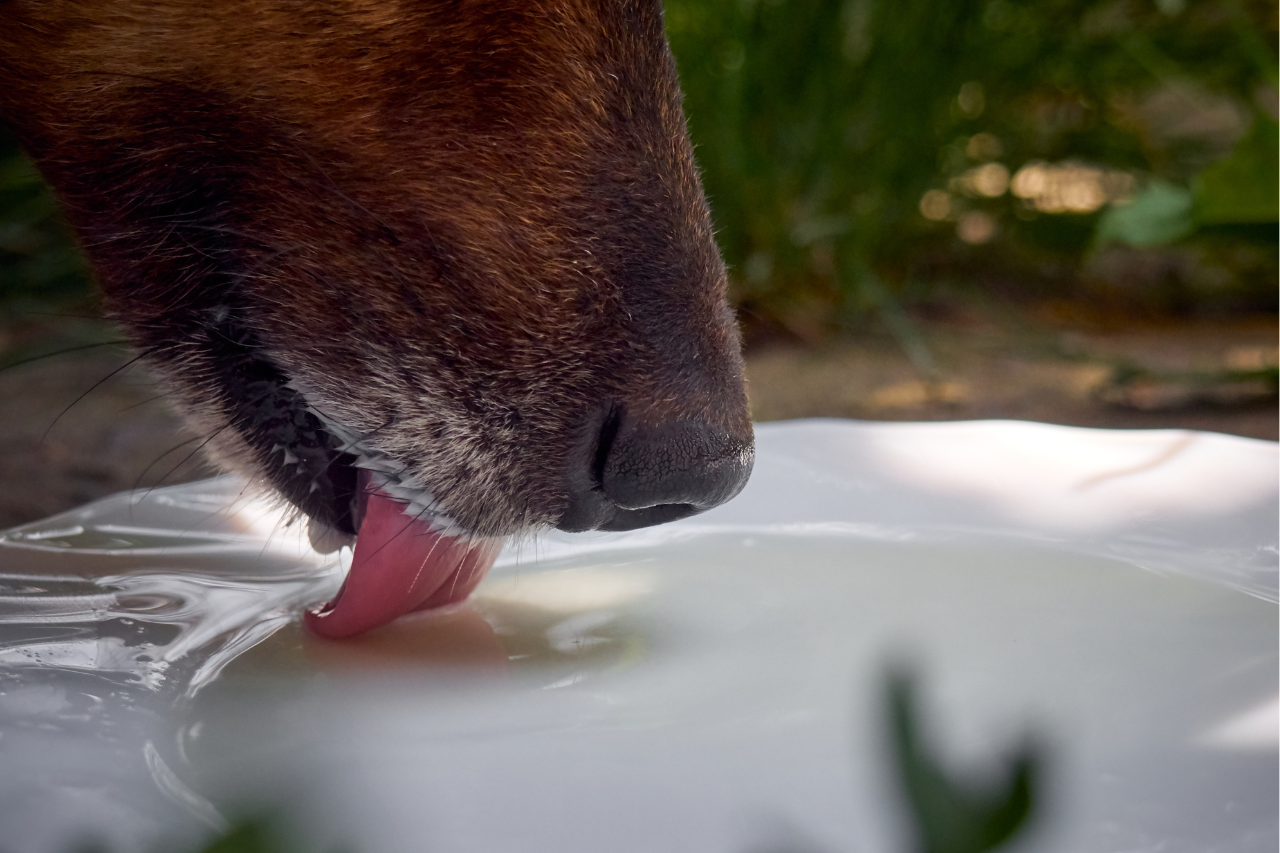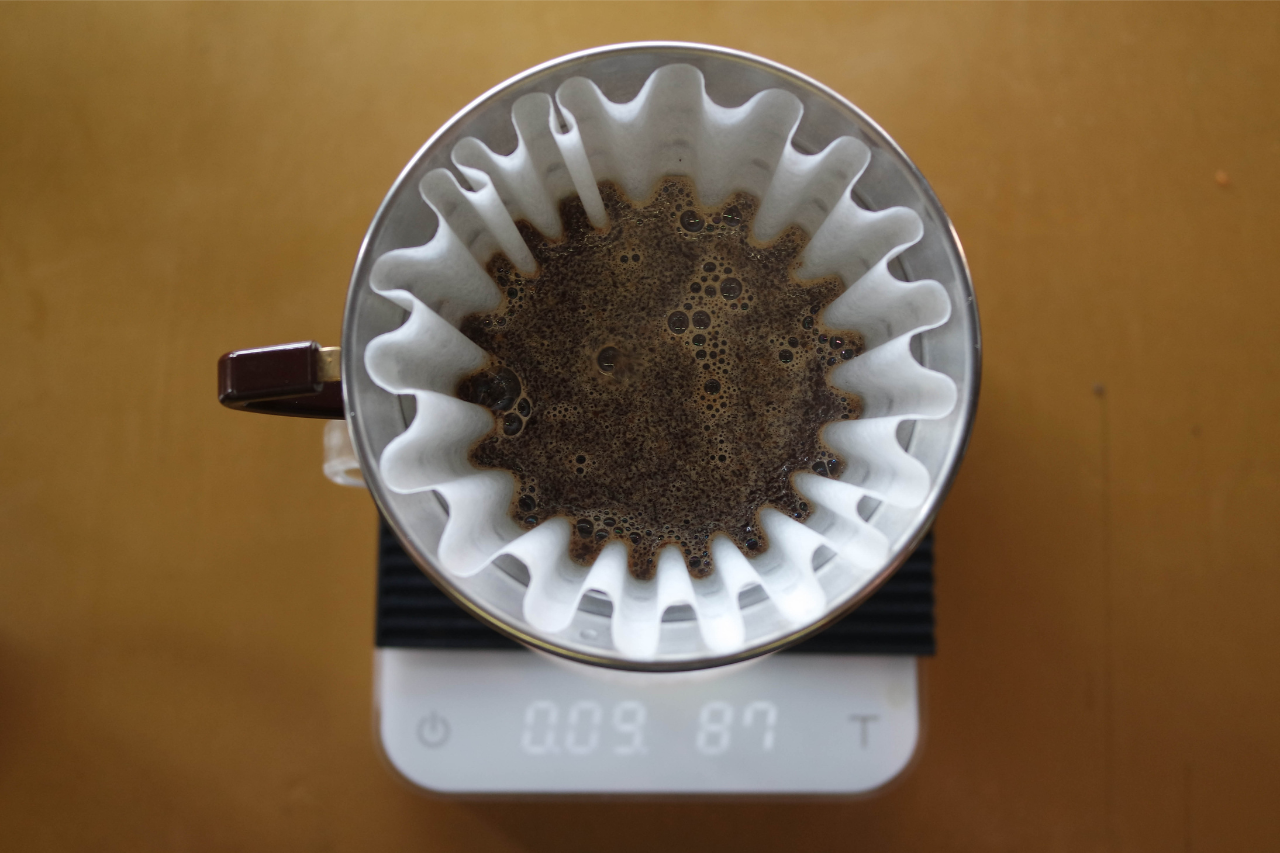

Share:
The age-old debate surrounding the safety of dogs consuming milk has left many pet owners uncertain about whether this creamy treat is a suitable addition to their canine’s diet. Some firmly believe in its benefits, while others raise concerns about potential risks. To shed light on this matter, we delve deep into the science and expert opinions, exploring the advantages and pitfalls of feeding milk to our beloved four-legged companions.
The Nutritional Facts: Can Dogs Safely Drink Milk?
Milk is a rich source of nutrients, primarily known for its calcium content, essential for bone health. Canines, like humans, require calcium for strong bones and teeth. Additionally, milk contains proteins, fats, vitamins, and minerals vital for overall growth and development.
However, veterinarians caution that dogs do not require milk for their nutritional needs once they are weaned. In fact, some dogs might be lactose intolerant, lacking the enzyme lactase needed to break down lactose, the sugar present in milk. This could lead to digestive issues such as gas, bloating, and diarrhea. As a result, a majority of adult dogs do not possess the ability to digest milk effectively.
Consulting the Experts: Should Dogs Drink Milk?
Veterinarians and animal nutritionists agree that while milk is not harmful in small quantities, it is not an essential component of a dog’s diet. As with any dietary change, it is crucial to consult with a veterinarian to assess the specific needs of individual dogs, considering factors like age, breed, health conditions, and lactose tolerance.
The Benefits of Giving Dogs Milk: Debunking the Myths
Calcium for Strong Bones: Milk is well-known for its calcium content, which is essential for bone and teeth health. In growing puppies, calcium plays a vital role in skeletal development, but after the weaning phase, they no longer require the mother’s milk.
Protein Source: Milk is a source of high-quality proteins, beneficial for muscle development and repair.
Hydration: In some cases, milk can act as a hydrating treat, particularly in warmer climates, though fresh water should always be the primary source of hydration for dogs.
The Risks of Giving Dogs Milk: Handling Lactose Intolerance
Lactose Intolerance: As mentioned earlier, some dogs lack the enzyme lactase, making it difficult to digest lactose. This condition often becomes more pronounced as dogs age.
Digestive Upset: Consumption of milk by lactose-intolerant dogs can lead to gastrointestinal issues, including bloating, gas, and diarrhea.
Weight Gain: Milk is calorie-dense, and overindulgence can lead to weight gain and obesity in dogs.
Pancreatitis: Some dogs may be predisposed to pancreatitis, an inflammation of the pancreas that can be triggered by high-fat foods like milk.
Selecting the Right Milk for Dogs: Considerations and Precautions
If you decide to give your dog milk, it is crucial to choose the right type and offer it in moderation. Consider the following tips:
Opt for Lactose-Free: Lactose-free or low-lactose milk products are available, which may be better suited for dogs with lactose intolerance.
Whole Milk vs. Skim Milk: While whole milk contains higher fat content, skim milk has fewer calories. However, the fat in whole milk can help dogs feel full, reducing the chance of overconsumption.
Small Servings: Offer milk in small portions, as an occasional treat rather than a regular part of their diet.
Watch for Allergies: Some dogs may be allergic to milk proteins, leading to skin issues or gastrointestinal problems. Monitor your dog for any adverse reactions after consuming milk.
Observe Closely: If you choose to introduce milk into your dog’s diet, closely monitor their response. If any digestive issues or allergic reactions arise, discontinue its use and consult with your veterinarian.
Conclusion: Moderation is Key
In conclusion, dogs can drink milk in moderation if they show no signs of lactose intolerance. However, it is not a necessary or essential part of their diet. Water remains the primary source of hydration for dogs, while their nutritional needs are best met through a balanced diet of high-quality dog food.
When offering milk as an occasional treat, it is essential to ensure it is in line with their dietary requirements and health conditions. Veterinary advice is crucial in making informed decisions about our furry friends’ well-being. By considering the risks and benefits, we can ensure that milk, if offered, becomes a safe and enjoyable addition to our canine companion’s lives.

Most Popular


What is Coffee Bloom and why does it happen?

20 Best Books Made Into Movies And TV Shows

Money Matters: 19 Best Personal Finance Books
Subscribe To Our Weekly Newsletter
Categories
Related Posts

Cute Girly College Ruled Composition Notebooks
Share: In a world dominated by digital tools and apps, the humble college-ruled composition notebook remains a steadfast ally in the quest for productivity. This timeless tool offers unparalleled benefits,

What is Coffee Bloom and why does it happen?
Share: When coffee is ground, the natural oils and aromatics are released. When these coffee grounds are combined with hot water, they create a “bloom” or foamy layer on top

20 Best Books Made Into Movies And TV Shows
Share: Nothing beats a great book-to-movie adaptation. Whether you’re a bookworm who loves to see their favorites brought to life on the silver screen, or a film buff looking for

Money Matters: 19 Best Personal Finance Books
Share: Financial planning is a key element of financial success. It can help you secure your financial future and meet any financial goals you may have. Whether you’re looking to
